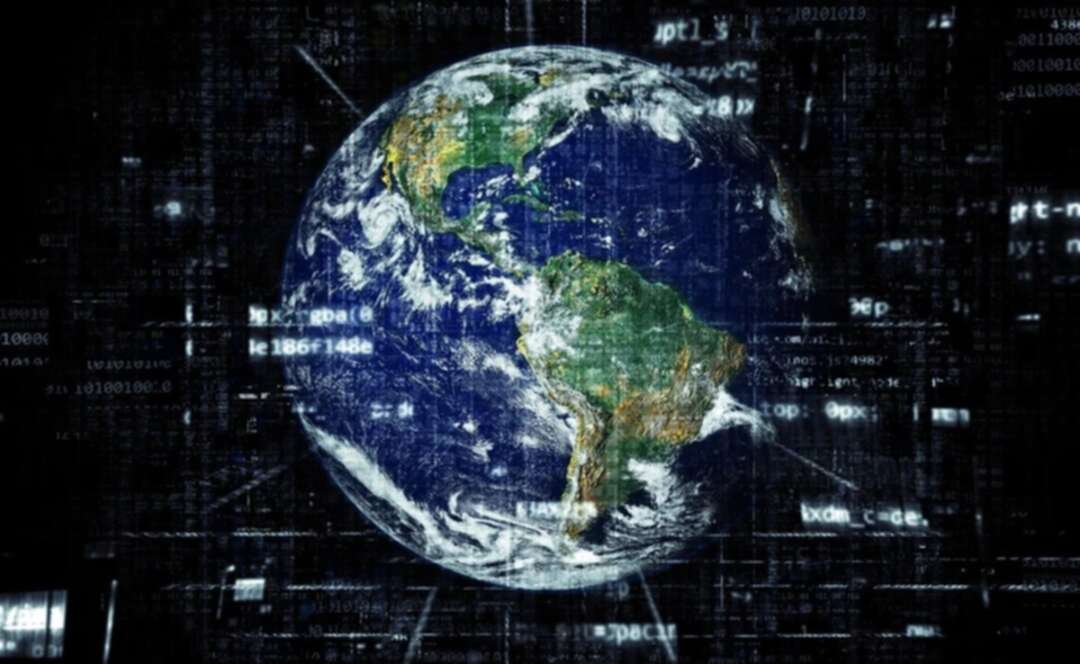-
UN: 37 percent of the world’s population still never used the Internet

The Arab News reported according to AFP that the United Nations said Tuesday, a some 2.9 billion people — 37 percent of the world’s population — have still never used the Internet, despite the Covid-19 pandemic driving people online.
The UN’s International Telecommunication Union estimated that 96 percent of those 2.9 billion live in developing countries.
The agency said the estimated number of people who have gone online rose from 4.1 billion in 2019 to 4.9 billion this year, partially due to a “Covid connectivity boost.”
 Digital tablet-Internet network/Pixabay
Digital tablet-Internet network/PixabayBut even among those Internet users, many hundreds of millions might only go online infrequently, using shared devices or facing connection speeds that hamper their Internet use.
Read more: Princess Diana photo exhibition will be on display in three U.S. cities
ITU secretary-general Houlin Zhao: “ITU will work to make sure the building blocks are in place to connect the remaining 2.9 billion. We are determined to ensure no one will be left behind."
The number of users globally grew by more than 10 percent in the first year of the Covid crisis — by far the largest annual increase in a decade.
The ITU cited measures such as lockdowns, school closures and the need to access services like remote banking.
Read more: Ukraine urges NATO to prepare sanctions on Russia to deter it from military attack
But the growth has been uneven. Internet access is often unaffordable in poorer nations — almost three-quarters of people have never been online in the 46 least-developed countries.
Younger people, men and urbanites are more likely to use the Internet than older adults, women and those in rural areas, with the gender gap more pronounced in developing nations.
The ITU added, poverty, illiteracy, limited electricity access and a lack of digital skills continue to challenge the “digitally excluded."
Source: arabnews
You May Also Like
Popular Posts
Caricature
BENEFIT Sponsors BuildHer...
- April 23, 2025
BENEFIT, the Kingdom’s innovator and leading company in Fintech and electronic financial transactions service, has sponsored the BuildHer CityHack 2025 Hackathon, a two-day event spearheaded by the College of Engineering and Technology at the Royal University for Women (RUW).
Aimed at secondary school students, the event brought together a distinguished group of academic professionals and technology experts to mentor and inspire young participants.
More than 100 high school students from across the Kingdom of Bahrain took part in the hackathon, which featured an intensive programme of training workshops and hands-on sessions. These activities were tailored to enhance participants’ critical thinking, collaborative problem-solving, and team-building capabilities, while also encouraging the development of practical and sustainable solutions to contemporary challenges using modern technological tools.
BENEFIT’s Chief Executive Mr. Abdulwahed AlJanahi, commented: “Our support for this educational hackathon reflects our long-term strategic vision to nurture the talents of emerging national youth and empower the next generation of accomplished female leaders in technology. By fostering creativity and innovation, we aim to contribute meaningfully to Bahrain’s comprehensive development goals and align with the aspirations outlined in the Kingdom’s Vision 2030—an ambition in which BENEFIT plays a central role.”
Professor Riyadh Yousif Hamzah, President of the Royal University for Women, commented: “This initiative reflects our commitment to advancing women in STEM fields. We're cultivating a generation of creative, solution-driven female leaders who will drive national development. Our partnership with BENEFIT exemplifies the powerful synergy between academia and private sector in supporting educational innovation.”
Hanan Abdulla Hasan, Senior Manager, PR & Communication at BENEFIT, said: “We are honoured to collaborate with RUW in supporting this remarkable technology-focused event. It highlights our commitment to social responsibility, and our ongoing efforts to enhance the digital and innovation capabilities of young Bahraini women and foster their ability to harness technological tools in the service of a smarter, more sustainable future.”
For his part, Dr. Humam ElAgha, Acting Dean of the College of Engineering and Technology at the University, said: “BuildHer CityHack 2025 embodies our hands-on approach to education. By tackling real-world problems through creative thinking and sustainable solutions, we're preparing women to thrive in the knowledge economy – a cornerstone of the University's vision.”
opinion
Report
ads
Newsletter
Subscribe to our mailing list to get the new updates!






















